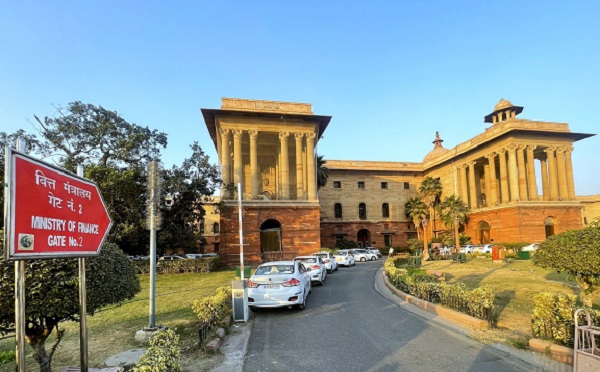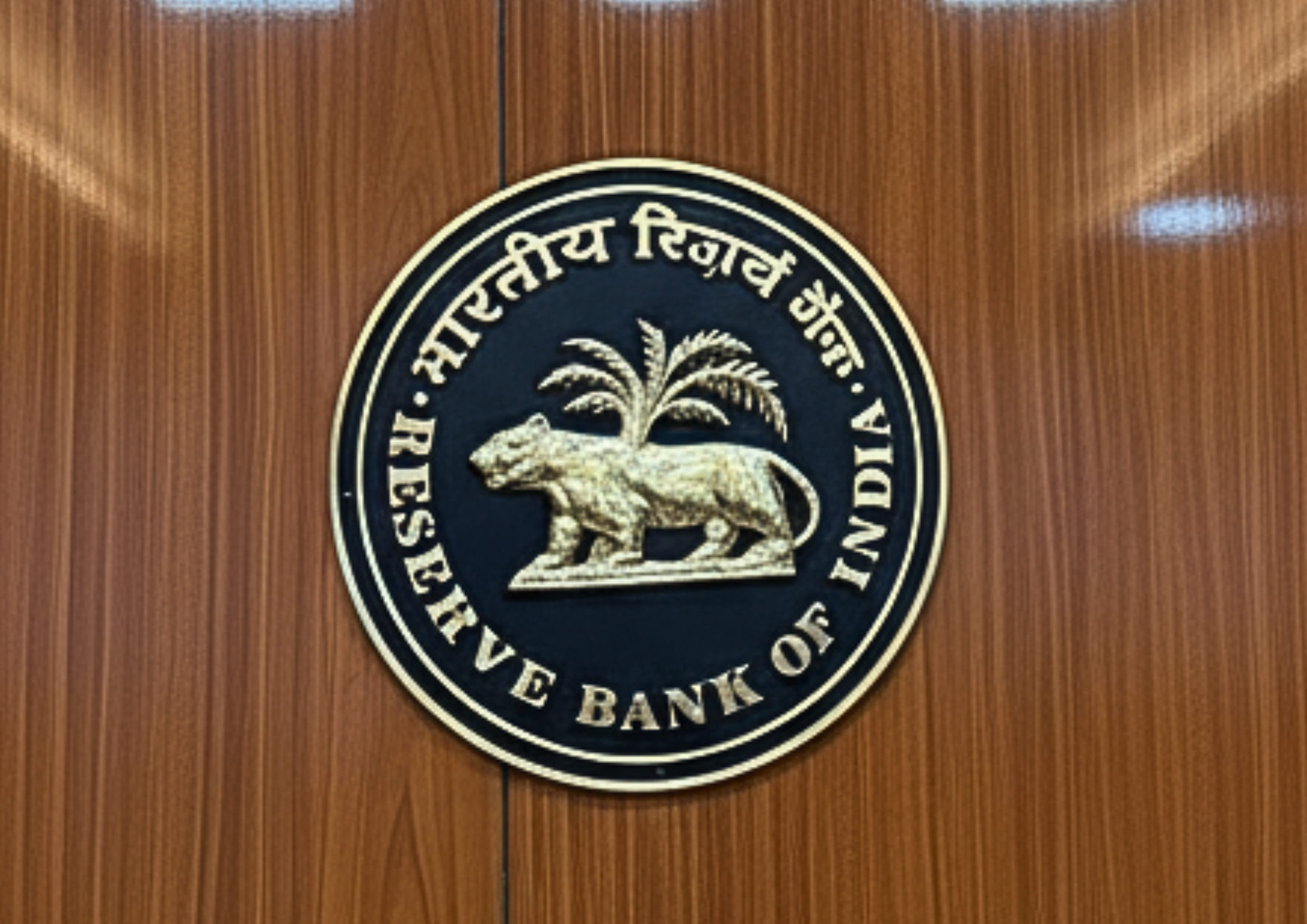.png)
Sarci-Sense: The Privacy Paradox - We Overshare, Then Complain of Being Seen
We bare our souls online, then crave invisibility offline. Privacy used to be a right; now it’s a luxury we traded for likes.


Dr. Srinath Sridharan is a Corporate Advisor & Independent Director on Corporate Boards. He is the author of ‘Family and Dhanda’.
November 2, 2025 at 7:34 AM IST
Do you remember when secrets were a thing? When heartbreaks stayed in diaries, not on Instagram stories? When “taking a break” meant you disappeared for a while, not that you announced it to 2,000 people with a quote about healing? We used to hide our emotions. Now we add background music to them. Privacy has become nostalgia, one of those quaint, old-world things like postcards or patience. We talk about “boundaries” while live-streaming our lives. We tell the world, “I need space,” then post 12 photos explaining why. We complain about being watched, but we built the window.
For generations, our society guarded its inner life like an heirloom. Letters were burnt, diaries locked, family troubles kept firmly within four walls. Silence was not just a habit; it was heritage. Now, the same culture that once hid divorce and depression proudly hashtags both. The pendulum has swung from secrecy to spectacle — and in the process, we’ve mistaken confession for connection. We no longer whisper our truths; we publish them. And we call it openness.
It’s not just about social media; it’s about how visibility itself has become the new currency of worth. The more you share, the more real you appear. The more you appear, the more you belong. We’ve turned confession into performance and intimacy into public relations. Oversharing is now the national language of belonging. And then, when the applause fades, we cry that no one respects our privacy — as though privacy were something people took from us, not something we gave away.
Also Read: Sarci-Sense: The Performance of Goodness & Virtue as a Brand
There was a time when vulnerability was sacred. Now we record our anger, filter our healing, and caption it all with “raw and real.” Every emotion comes edited, approved, and posted. Oversharing has become our favourite form of self-expression — the illusion of authenticity without the risk of intimacy. We’ve mistaken exposure for expression. We crave being seen — until we are. Then it feels like exposure. We call it “relatability,” but it’s marketing in softer lighting.
India, of course, has always had a complicated relationship with privacy. For generations, we lived in households where the idea of personal space was theoretical. Everyone knew everything — your grades, your salary, your waistline. Secrets were suspicious. Now we’ve gone the other way. We tell strangers what we once hid from family. The modern Indian doesn’t say, “Don’t tell anyone.” They say, “Tag me.” The pendulum has swung from silence to spectacle — and in that swing, we lost balance.
Scroll through your feed and you’ll see it: everyone telling their story, everyone being “honest” in exactly the same way. The right tone of vulnerability. The perfect photo of tears. The inevitable line about “self-growth.” Even our breakdowns look brand-safe. A friend told me recently, “Pain used to be personal. Now it’s grief with good lighting.” And she’s right. We curate our pain the way brands curate campaigns. The aesthetic of suffering now matters more than the emotion itself. But if everyone’s sharing, who’s listening?
Also Read: Sarci-Sense: The India that still lights up, still believes
There’s a psychology to this too. Oversharing isn’t about openness; it’s about reassurance. We post our chaos hoping someone will like it into order. We believe that if enough people validate our feelings, they’ll hurt less. And here’s the cruel irony: when you share too much, people stop caring. Vulnerability becomes noise. Suffering becomes scrollable. Attention soothes briefly — then disappears. Silence follows. And the silence feels worse because you’ve already shared too much to retreat.
Middle-aged Indians are the most conflicted in this drama. We were raised to keep feelings private — now we overshare them clumsily. We want to appear open but dignified. Our captions are negotiations between therapy-speak and family decency. We’ll post “taking a break for my mental health” but call it “vacation” at home. We’ll write about burnout but tell our boss it’s “mild fatigue.” We were taught to be stoic; now we’re learning to be seen. And we’re terrible at it.
The young, meanwhile, have turned privacy into a strategy. Gen Z calls it “soft boundaries,” which mostly means sharing everything until someone objects. They call it transparency. It’s really anxiety in good clothes. They’re digital natives who live in glass houses and complain about the glare. But to their credit, at least they recognise it. Their honesty, even if loud, comes from exhaustion — the pressure to keep performing perfect lives.
And yet, amid all this noise, there are quiet rebels — the ones who simply don’t post. They don’t announce breaks; they take them. They don’t declare gratitude; they practise it. They don’t document sunsets; they sit through them. They are the new privacy radicals, people who understand that not everything needs to be seen to be real. In a world addicted to visibility, they have chosen the audacity of silence.
Also Read: Sarci-Sense: Convenience Has Made Us Comfortable, Not Kind
But let’s not pretend this is only about individuals. It’s also about systems that demand exposure. Apps reward emotion with engagement. Companies track moods to sell wellness. News feeds on personal tragedy like content. We are not just oversharing for validation — we are being trained to. Our vulnerability is someone’s business model. We trade our secrets for convenience, our opinions for relevance, our faces for filters. Then we wonder why we feel unreal.
And there’s the Indian irony again. We still treat reputation like religion, yet we confess online like celebrities in exile. We worry what neighbours will think, but not what algorithms already know. We demand respect in public, then reveal everything in private DMs that aren’t really private. We say “I want to live authentically,” but our authenticity comes with audience analytics. It’s not hypocrisy — it’s addiction to attention. The tragedy is that we call it honesty. Perhaps that’s the final privacy we’ve lost — the privacy of our intentions.
Privacy will not be restored by apps or laws. It will return when we rediscover restraint — the old-fashioned grace of keeping some things unsaid, some feelings unshared, some truths unperformed. Because privacy, at its core, isn’t secrecy. It’s dignity. It’s the quiet decision that not every part of you belongs to the public. Maybe the next act of intimacy isn’t sharing; it’s listening. Maybe the next act of authenticity isn’t visibility; it’s quiet. We’ve shared everything — our meals, our moods, our minds. Perhaps the only thing left to share now is silence.



